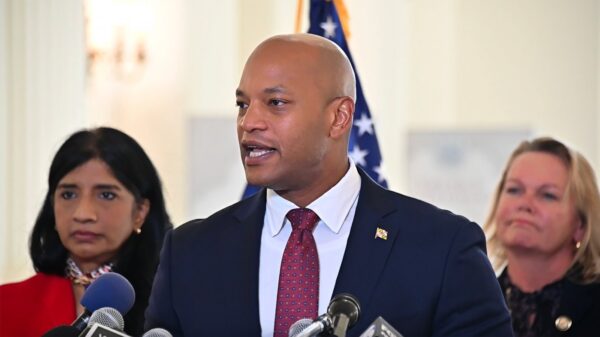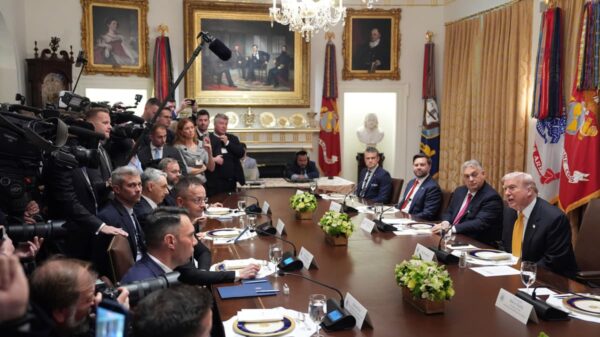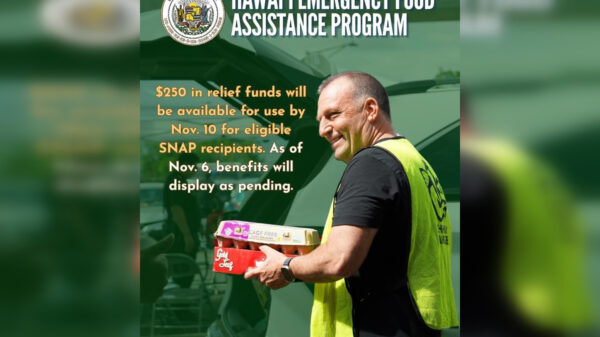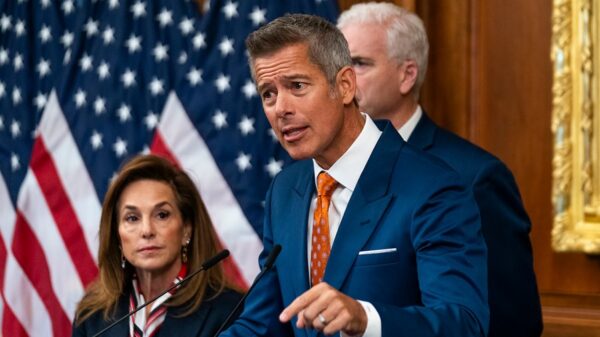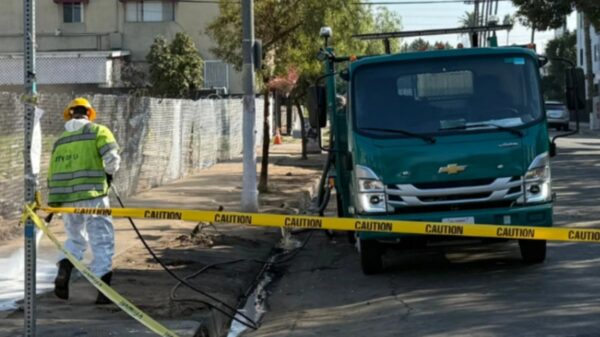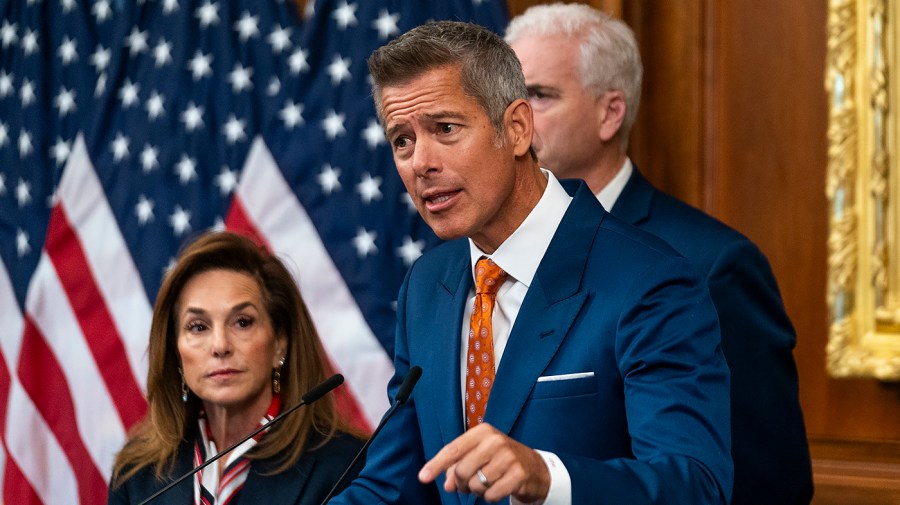Transportation Secretary Sean Duffy announced on March 15, 2024, that flight reductions could reach as high as 20 percent if the ongoing government shutdown does not end soon. This statement follows the Federal Aviation Administration (FAA) initiating a 10 percent reduction in air traffic due to staffing shortages among air traffic controllers.
Duffy made these comments during a Breitbart News event in Washington, D.C.. He expressed concern that if the situation continues, more air traffic controllers may leave their positions, opting for second jobs instead. This staffing crisis could force the FAA to further decrease flight operations. “If this continues, and I have more controllers who decide they can’t come to work… you might see 10 percent would have been a good number, because we might go to 15 percent or 20 percent,” Duffy stated.
After the event, Duffy clarified to The Hill that his remarks were hypothetical. “Could it go there? That’s possible. There’s no plan for that,” he said, emphasizing that decisions would be based on controller availability and airspace safety. “I hope it goes the other direction,” he added.
As part of the current reductions, airlines have begun limiting air traffic at 40 airports across the United States, starting with a 4 percent reduction on Friday, with an increase of 2 percent daily until it reaches the 10 percent cap.
Duffy responded to suggestions that these flight reductions might be politically motivated, aimed at pressuring Senate Democrats into passing a Republican-backed stopgap measure to reopen the government. He stated, “I’ve had some complaints from Democrats, ‘We want to see the data… This is political.’ This has not been political. We have worked overtime to make sure that we minimize the impact on the American people.”
He also noted that the FAA considered an immediate 10 percent reduction but determined that such a decision could cause additional disruptions to air travel. In light of these developments, Rep. Rick Larsen, the top Democrat on the House Transportation and Infrastructure Committee, has urged the FAA to share any safety risk assessments that led to this decision with Congress.
Despite the criticisms, Rep. Greg Stanton of Arizona expressed support for Duffy’s actions, stating that the flight reductions are necessary for the safety of passengers. “Those who snipe at me for having to take really unique action, they put that on my plate. So open it up,” Duffy remarked.
Duffy also urged the Senate to remain in session, highlighting the plight of travelers unable to reach their destinations. “There are people going to funerals. There are people who are trying to get home. They can’t get home. Why are senators going home?” he questioned.
In a lighter moment, a reporter joked about putting senators on a no-fly list to keep them in Washington, to which Duffy responded, “That would be a great—well played.”
As negotiations continue in Congress regarding the shutdown, Duffy warned that any concessions made to reopen the government could be detrimental for the Republican side. When asked about the timeline to restore normal air traffic operations after the government reopens, Duffy stated, “We’ll look at the data, look at where the controllers are at, and then give the airlines time to bring those flights back in.”




